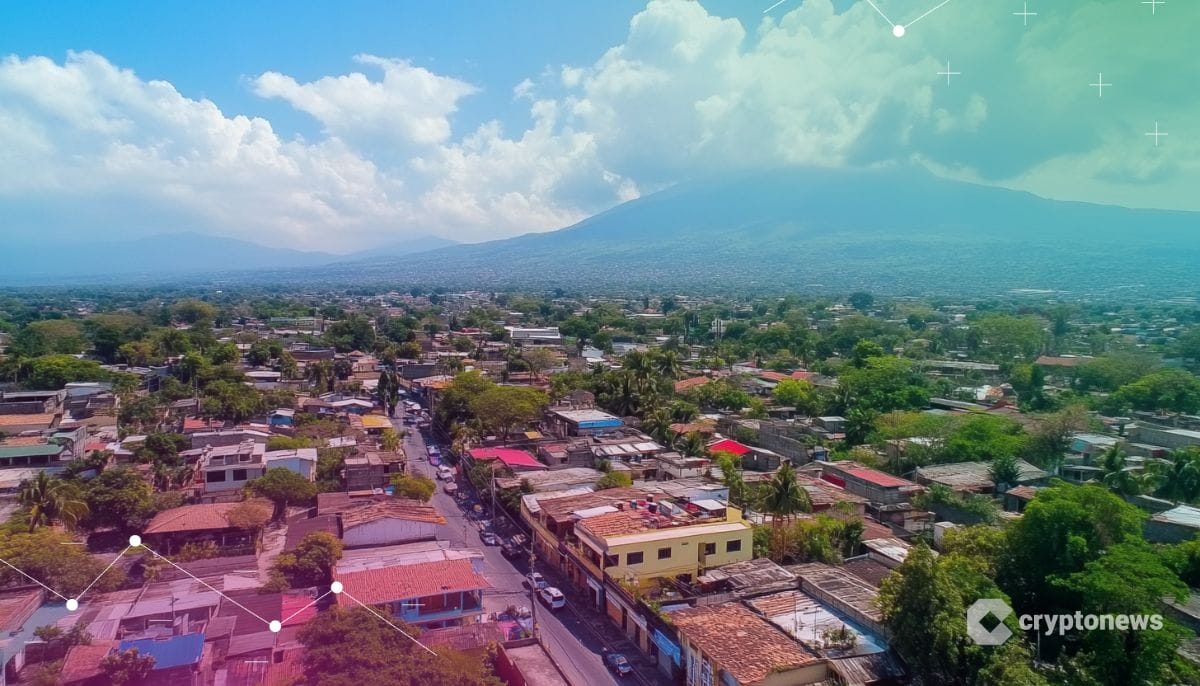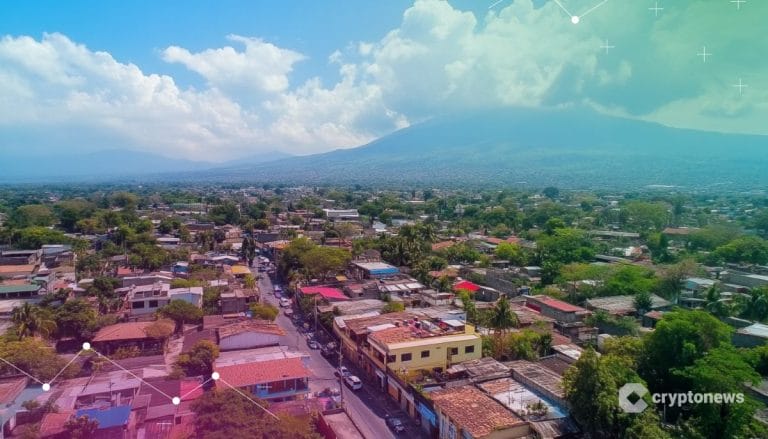Last updated:
 Why Trust Cryptonews
Why Trust Cryptonews
Ad Disclosure
We believe in full transparency with our readers. Some of our content includes affiliate links, and we may earn a commission through these partnerships. Read more

Bitfinex Derivatives, the derivatives arm of crypto exchange Bitfinex, has obtained a Digital Asset Service Providers (DASP) license to operate in El Salvador.
With the approval, the company will also relocate its derivatives arm from Seychelles to the Central American nation, according to a January 7 announcement.
“Going forward, the Derivatives Services on the Derivative Site will be provided by Bitfinex Derivatives El Salvador S.A. de C.V. an entity established and licensed in El Salvador,” the company said.
“To continue to use the Derivative Services on or after this date, you will be required to accept the Bitfinex Derivatives El Salvador S.A. de C.V. terms of service.”
El Salvador Positions Itself a Pioneer in Crypto Adoption
El Salvador has positioned itself as a pioneer in cryptocurrency adoption, passing the Digital Assets Securities Law in January 2023.
Bitfinex Securities was one of the early beneficiaries, securing a DASP license in April that same year.
The country’s regulatory framework allows businesses to tokenize assets like funds, debt, equity, and real estate, simplifying capital-raising processes and enabling innovative investment opportunities.
Under El Salvador’s legal framework, Bitfinex debuted a tokenized public offering of U.S. Treasury bills in November 2024.
However, earlier attempts to tokenize a Hilton hotel project fell short of expectations.
The effort, which aimed to raise $6.25 million, only attracted $342,000 from investors, forcing the firm to refund participants.
Despite the setback, the initiative marked a milestone as El Salvador’s first public offering of digital debt assets.
As reported, El Salvador has solidified its position as a global Bitcoin leader by becoming the sixth nation to hold over 6,000 BTC.
On Dec. 29, the country added one more Bitcoin to its portfolio, bringing its total holdings to 6,000.77 BTC, valued at approximately $569.3 million.
The country’s Bitcoin investment has surged by 108.02%, with an average purchase price of $45,450 per coin, based on President Nayib Bukele’s portfolio tracker.
El Salvador Continues Bitcoin Push
El Salvador began its Bitcoin journey on Sept. 6, 2021, purchasing its first 200 BTC, shortly before becoming the first nation to adopt Bitcoin as legal tender.
Among nations with significant Bitcoin reserves, El Salvador ranks sixth, trailing the United States, China, the United Kingdom, Ukraine, and Bhutan, as per BitBo’s Bitcoin Treasuries data.
Despite facing international criticism, including from the International Monetary Fund (IMF), the Bukele administration remains committed to its Bitcoin strategy.
Notably, El Salvador’s National Bitcoin Office Director, Stacy Herbert, indicated in a Dec. 19 social media post that the country could accelerate its Bitcoin acquisitions.
The government has also clarified it has no plans to sell its holdings, reaffirming that Bitcoin remains central to its economic strategy.
The Chivo wallet, El Salvador’s official Bitcoin wallet, will reportedly be sold or phased out, with private-sector wallets expected to fill the gap.















